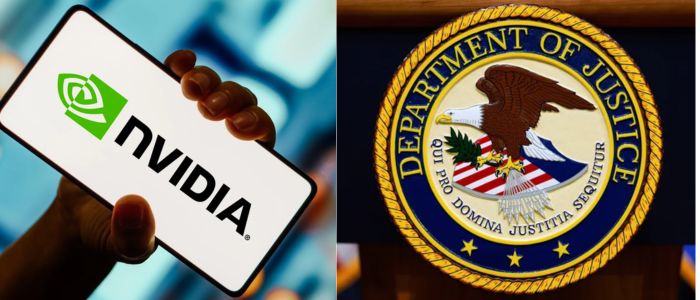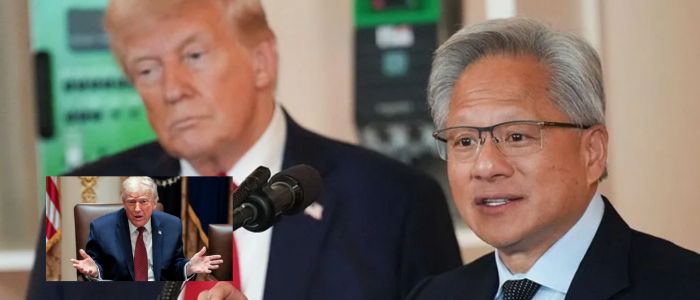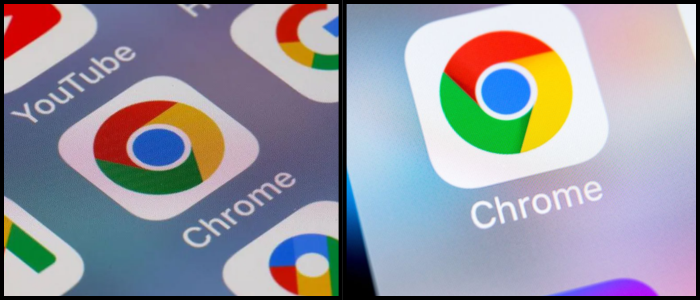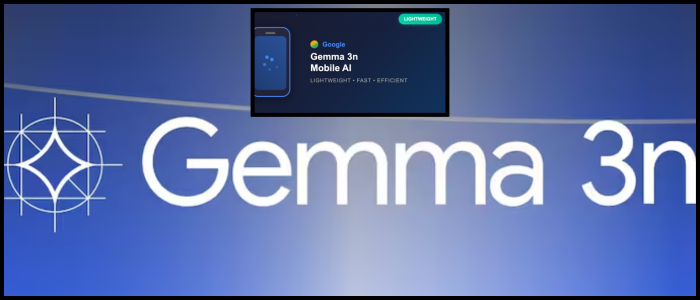The Wall Street Journal reported on the same day that two Chinese citizens were charged with exporting high-end Nvidia graphic processing units (GPUs) to China in violation of US export control laws.
Between October 2022 and July 2025, Chuan Geng and Shiwei Yang, both aged 28, illegally exported AI processors that officials say meet the level of processing power needed to violate technology control regulations.
The pair allegedly funneled at least 21 illegal shipments to Singapore and Malaysia via ALX Solutions Inc., based in California's El Monte. The goods were meant for Chinese companies that U.S. controls prohibited from receiving the material to go to.
Among those who abused it, one memorable case was a load of cards up to date in December 2024, the best on the market would be Nvidia H100 GPUs. Authorities say this shipment was "mislabelled" and had no license from the U.S. Department of Commerce.
Money Trails and Communication Evidence
Investigators learned that ALX Solutions was being paid not by the companies receiving the shipments but by outside firms from within Hong Kong and mainland China. An example of such a payment is from a Chinese company that transferred $1 1million in January 2024.
Messages on the mobile devices of the two suspects showed they planned to reroute chip shipments through Malaysia in an effort to prevent authorities from detecting and subsequently blocking export shipments under U.S. laws, according to searches of their office, conducted earlier this month.
If either of them is convicted under the Export Control Reform Act, Geng and Yang could be imprisoned for 20 years.
Background on US-China Tech Tension
Nvidia, of Santa Clara, California, responded similarly by advocating for conscientious adherence to the law. A company spokesperson said it sells its products only to "authorized partners," and all sales are reviewed for compliance with U.S. export laws.
They highlighted that diverted products would be ineligible for service, support, or updates.
The case comes against the backdrop of wider U.S. efforts to control exports of advanced semiconductor technology to China over national security concerns.
These steps have stoked increasing friction between Washington and Beijing.
China, in turn, implemented its own export controls, claiming the U.S. was exerting undue power over global technology trade.
The US government had apparently agreed to lift the ban on Nvidia's H20 GPU — a chip that was developed exclusively for China and is not as powerful as the H100, according to Nvidia CEO Jensen Huang. The turnaround came after talks with US President Trump.
Huang thinks it will ultimately aid the U.S. in its fight to be the AI king of the world, as this move could let overseas customers select American technologies.
Tech

US Charges Chinese Duo Over Illegal Nvidia Chip Exports

In this context, the Russia case of 2008 has helped him stay in touch with legal developments and regulations concerning exports of Nvidia GPUs -- which makes him arguably one of the world's most well-informed individuals when it comes to potential allegations about illegal shipments.















